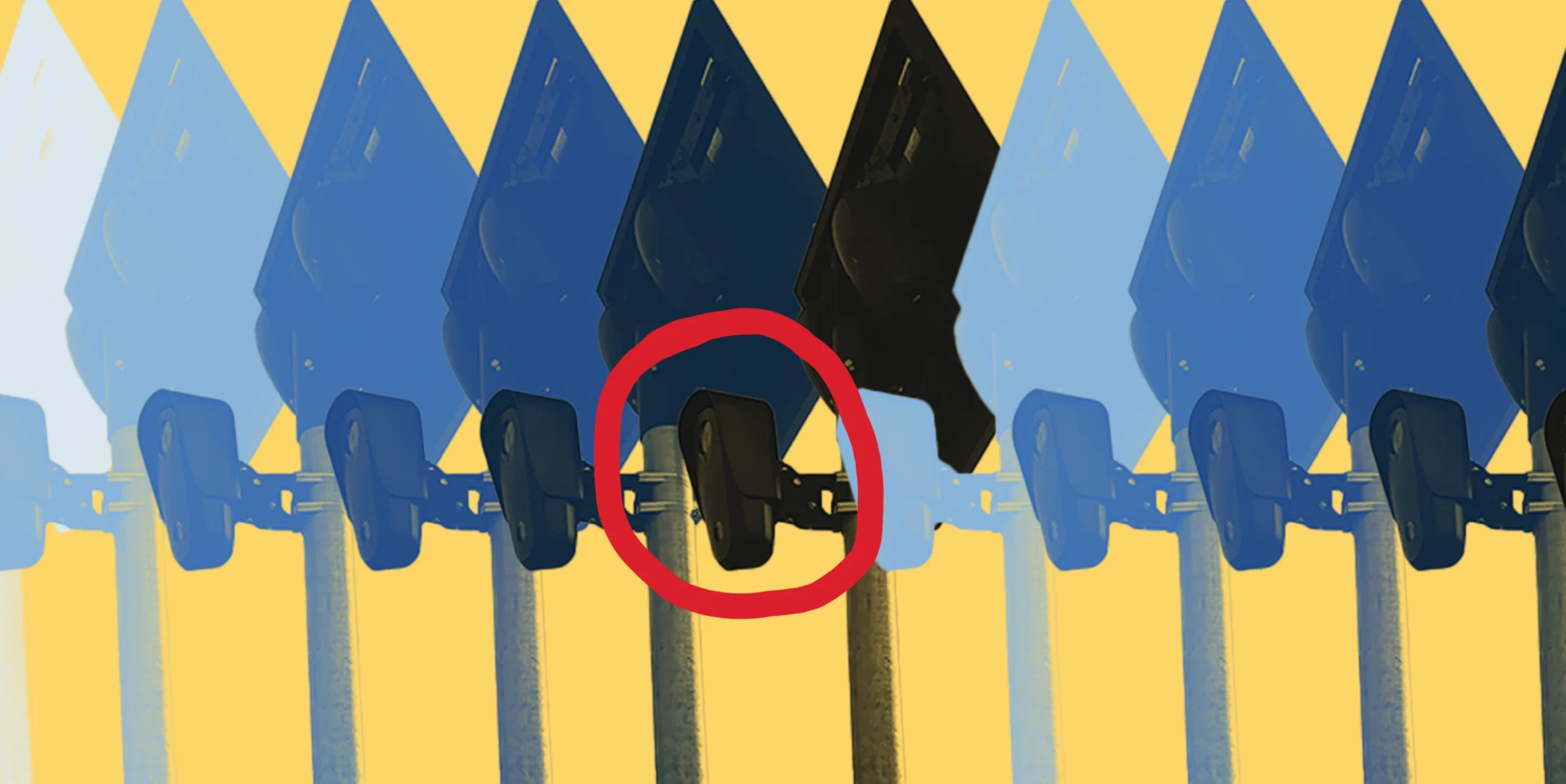Help us protect civil liberties here in RI
Make an end-of-year tax-deductible donation to support our work in the courts and the community!


ALPR Cameras 101: Surveillance in Rhode Island
Get updates about protecting civil liberties (like privacy!) in Rhode Island
By completing this form, I agree to receive occasional emails per the terms of the ACLU’s privacy statement.
Last updated on December 11, 2025
Flock Safety is a brand name of automated license plate reader (ALPR) cameras. But these cameras can do more than just read license plates. They're capable of collecting and sharing data about us across the country, and are virtually unregulated, yet are getting installed across Rhode Island. Learn more about Flock cameras, and what you can do to help protect privacy in our communities.
Here’s the short version:
- Flock cameras are capable of capturing much, much more information than regular license plate readers, and most RI police departments can share our data with other states and federal agencies, like ICE.
- There are at least 193 Flock cameras in RI – we don't know the exact number. As a result, you can be tracked as you travel across the state.
- These cameras have been put up across the state using thousands of dollars of taxpayer money, but without very much transparency, so it's difficult to find out how much money has been spent on Flock cameras.
What are Flock cameras?
Flock is a brand name for automatic license plate reader cameras that have very invasive capabilities. The cameras can use AI to identify a car's make, model, color, and even bumper stickers.
The RI angle.
Flock cameras are getting put up across the state. We know there are cameras that have been approved in South Kingstown, Newport, and North Providence in the past nine months, and Bristol just had a hearing to consider the RI State Police's request to install more.
Despite many attempts to get legislation passed to protect our privacy, which would include reasonable limits on how long data can be kept, how the data can be shared, and when police can put in requests to access the data. Flock cameras are still virtually unregulated in Rhode Island.
Why are Flock cameras a threat to privacy?
Flock cameras can track us as we go to work, get groceries, or pick up our kids at school. This level of surveillance undermines the privacy of everyone who lives in or visits Rhode Island.
What's worse? Without legal guardrails (like state laws or municipal ordinances), the data that's collected can be kept and shared with other police departments across the country and with federal agencies. There are reports of Flock being used by ICE to find and target people, and a woman in Texas being tracked down because she was seeking an abortion.
Who decides if Flock cameras get installed?
At the very least, your city or town council should have to vote on whether to approve Flock contracts and the installation of the cameras. However, sometimes there are not public hearings and solely through the approval of a municipal official. This is why it's important we spread the word and let our elected leaders know that Flock cameras are not welcome in our communities.
How can Flock cameras be removed?
Flock cameras are in place through contracts. By advocating against invasive surveillance systems, we can make it more likely that the contracts will not be renewed and the cameras will be taken down. In fact, as the dangers of this surveillance become better known, municipalities across the country are reconsidering their use of these devices.
What can I do right now?
- Spread the word to friends and family about the deeply invasive ways Flock undermines our privacy – over a holiday dinner or just by sharing this page.
- Keep an eye out for Flock cameras in your community and stay informed about your local town or city council considering any surveillance systems.
- Contact your public officials – town or city council member(s), local police chief, state legislators – and urge them to reject Flock cameras and create privacy protections.
